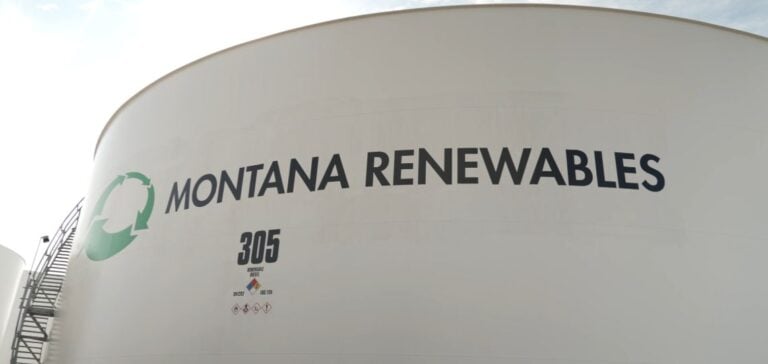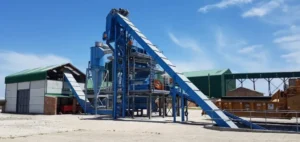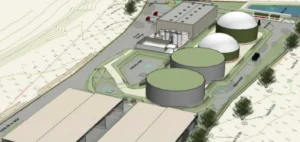Montana Renewables has closed a $1.44 billion guaranteed loan with the U.S. Department of Energy (DOE) to fund a major expansion of its renewable fuel production facility. This project, aimed at doubling current capacity, reflects a strategic energy policy focused on autonomy and emission reductions in the transportation sector.
A structuring project for the renewable energy industry
Annual production of sustainable aviation fuel (SAF) will increase to 300 million gallons per year, consolidating the United States’ position in the global sustainable fuel market. This initiative integrates investments in advanced technologies, including a second biofuel reactor and cogeneration facilities to produce electricity and steam from renewable sources.
According to official projections, this expansion will also support diversification of raw material sources, doubling purchases of agricultural products such as tallow and vegetable oils.
Financing with political and economic implications
The guaranteed loan is part of federal initiatives to encourage investment in critical infrastructure. By structuring the funding for gradual disbursement through 2028, this project reflects a cautious approach to financial risk management while strengthening energy sovereignty.
Regional economic impacts include the creation of 450 temporary construction jobs and around 40 permanent positions. A study conducted by the University of Montana also predicts enhanced agricultural and industrial activities in the region, fostering a sustainable economic ecosystem around renewable fuels.
A geopolitical and commercial opportunity
In a context of international competition for energy transition, this project positions Montana as a key player in SAF production. By supporting regional supply chains and strengthening local infrastructure, this initiative could also serve as a model for similar projects across the United States.
However, the increased reliance on agricultural raw materials raises questions about availability and long-term costs, particularly in an increasingly strained global market for alternative energy resources.






















